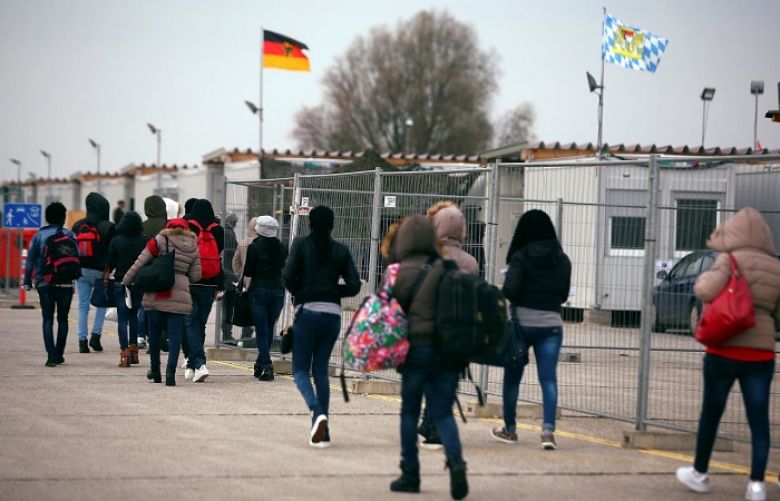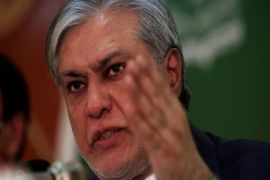The number of asylum seekers entering Germany fell by about two thirds last year but the proportion of rejected applicants who left remained low, the government said Wednesday, raising fears that criminals or extremists may remain in the country.
The influx of migrants from war-torn or poor economic regions has raised security concerns, particularly after last year’s terror attacks in Germany. In December, rejected asylum seeker Anis Amri killed 12 and left scores wounded.
Government data showed that roughly 280,000 people entered Germany last year in search of asylum, down from a record of about 890,000 in 2015. But only 80,000 left Germany either voluntarily or were deported.
Read more: Man's front door bricked up as he sleeps
“The development of the asylum figures show that the German government’s measures have an effect. We have succeeded in regulating, steering the number of people coming to us,” said Interior Minister Thomas de Maizière. However, the number who left was too low, given the number of rejected asylum claims, he said. “We are in talks with the states to further increase the number of these returnees.”
The number of filed asylum claims, which lags behind the number of newly arrived migrants, rose to 745,545 in 2016 from 476,649 in 2015. The biggest group of applicants came from Syria, followed by Afghanistan, Iraq and Iran, and more than half received asylum or refugee status.
Read also: Berlin attack suspect shot dead in Italy
Mr. de Maizière called on European Union countries to continue with their efforts to establish a harmonized asylum policy as the rate of granting asylum or refugee status differs greatly among member states.
“It’s not too much to ask that countries should agree on how to assess the political situation in Somalia, Nigeria and Pakistan,” he said. “Entry criteria and the length of asylum procedures should be more streamlined in Europe. The level of welfare benefits should also be awarded within a certain range.”
The EU is in talks to reform its asylum system to include a mechanism of relocation when some countries get a disproportionate number of applicants as well as to harmonize rules. But talks are still in early and controversial stages because central and Eastern European governments are reluctant to agree on common standards and relocation of asylum seekers, while insisting on border protection as the key to keep the number of new arrivals down.
See also: Polish Trucker’s Death Brings Berlin Tragedy Close to Home
“To be pragmatic and to achieve progress we have realized that first we need to get everyone together to secure our borders,” said Maltese Prime Minister Joseph Muscat on Wednesday during a news conference, as his country took over the rotating presidency of the Council of the EU in the first half of 2017.
“That’s the first step which would then, I would hope, be followed with significant progress in the case of solidarity and the sharing of this burden.”







